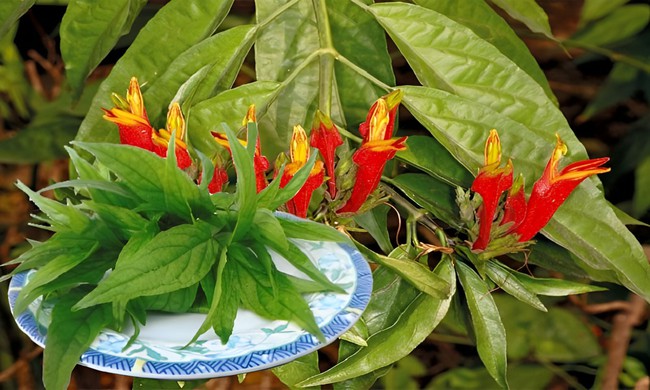
In the 1990s, Kim Khánh emerged as a “beauty icon,” renowned for her robust, captivating, and distinctive charm.
Originally a rhythmic gymnastics coach, Kim Khánh gained attention after participating in the 1991 Fitness – Fashion Beauty Pageant, where she won the title of First Runner-up. This marked her entry into the entertainment industry.
Her debut role in the film “Life of a Wandering Singer” (directed by Châu Huế), portraying the antagonist Trầm, quickly made an impression. Subsequently, Kim Khánh was invited to star in numerous films such as “Speed of Love,” “Circle of Sins,” “The End in Bangkok,” and “Graceful Lady”… With her modern beauty and sultry style, she often played supporting or villainous roles. Thus, despite her stunning looks, Kim Khánh did not garner as much public affection as her contemporaries.
Nevertheless, at her peak, Kim Khánh was one of the most celebrated beauties of the 1990s. She was a highly sought-after face for calendars, earning the title of “Calendar Queen” of her time.

The alluring, graceful figure of the once “Calendar Queen.”

Her signature voluminous curly hair and full, sensual lips once dominated magazines, wall calendars, and screens, becoming an unforgettable memory for an entire generation.
Beyond acting, Kim Khánh also pursued singing and hosting. During her busiest singing days, she could perform 8–9 shows per night and frequently toured with Lý Hùng and Diễm Hương on month-long journeys. Songs like “A Million Roses” and “Spring Butterfly” became synonymous with her name.
In 2003, Kim Khánh was awarded the Golden Apricot Prize for Best Actress for her role in the film “Heaven’s Net” directed by Phi Tiến Sơn, marking a significant milestone in her career.

Kim Khánh’s on-screen beauty rightfully earned her the title of a great beauty.

Kim Khánh is not only beautiful but also versatile, excelling in acting, singing, hosting, and more.
Today, Kim Khánh remains a captivating figure in the public eye, despite no longer actively engaging in the entertainment industry. In her late 50s, she maintains a youthful appearance, a slender figure, and smooth skin that many admire. Currently, Kim Khánh leads a balanced life: selectively participating in artistic endeavors while enjoying travel and time with family and friends.
Sharing her secrets to maintaining youth, Kim Khánh emphasizes a diet rich in green vegetables. Whenever she’s home, she detoxifies, with betel leaf being her unique “secret weapon.” The artist reveals, “I also drink betel leaf smoothies daily. Every morning, I blend 30 to 50 betel leaves with coconut water. People in the Western region often cook this leaf in soup, but I drink it like a smoothie.”

Kim Khánh remains youthful, earning endless praise from friends and fans for her “reverse-aging” beauty.
In her late 50s, she remains radiant and full of energy, embracing her single life.
Betel Leaf: Health Benefits, Anti-Aging, and Skin Beauty
Betel leaf grows sporadically throughout Vietnam, commonly found in deciduous forests, bushes, and vacant lots, and is also cultivated by many households for medicinal purposes. In traditional medicine, betel leaf (also known as mảnh cộng or dương khỉ) has long been regarded as a versatile herbal remedy. This plant is often used in treatments for liver diseases, joint issues, injuries, and overall health and beauty care.
The most notable feature of betel leaf is its high flavonoid content—a potent anti-inflammatory, antioxidant, and anti-aging agent. Additionally, the plant is rich in vitamins, minerals, fiber, and tannins, contributing to overall health enhancement.

Betel leaf offers numerous health and beauty benefits for women.
Thanks to its valuable components, betel leaf is often used to support the treatment of jaundice, hepatitis, joint pain, and injury recovery…
Beyond its medicinal value, betel leaf also helps preserve natural beauty. With its anti-inflammatory and tissue-repairing properties, this herb aids in quick skin healing, reduces scarring, and maintains healthy skin.
Precautions When Using Betel Leaf
Although betel leaf is a mild herb, users should exercise caution:
– Consult a doctor before using it for medical treatment.
– For fresh leaves, wash thoroughly with saline before use; for dried leaves, avoid confusion with similarly shaped herbs.
– Betel leaf juice should be consumed on the same day; do not store overnight to prevent poisoning or stomachaches.
– Do not combine with Western medicine without consulting a doctor.
– Avoid alcohol, tobacco, and smoking during use for optimal effectiveness.




































